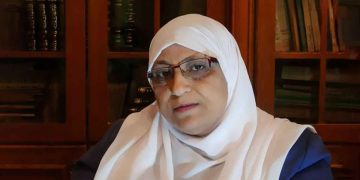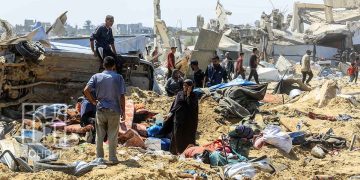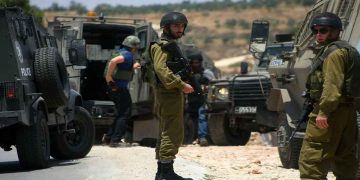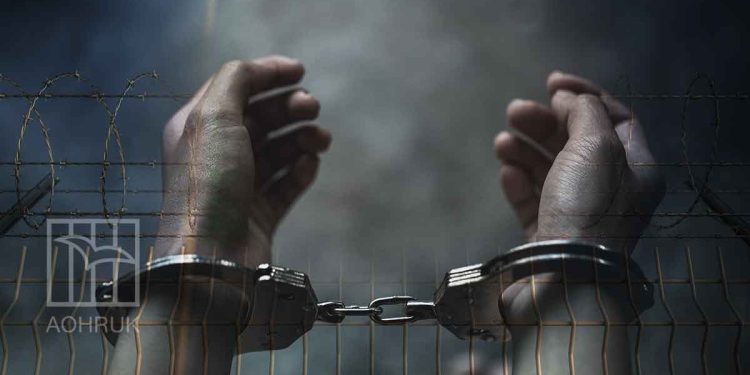As Saudi activist Najwa Ahmad Al-Humaid enters her fifth year in prison, her case shows a profound human rights violations pattern that continues to manifest in various forms across Saudi Arabia, where peaceful tweets and stances are criminalised, and those expressing them face imprisonment and mistreatment.
In May 2021, Saudi authorities arrested Najwa after raiding her home and confiscating her books and electronic devices, subsequently transferring her to Al-Tarfiya prison. Najwa’s only “offence” was engaging with public issues, such as tweeting under the hashtag “the unemployed,” expressing solidarity with prisoners of conscience, and defending human rights.
However, in Saudi Arabia, this form of peaceful expression can quickly be turned into a security case. The Public Prosecution charged her with “communicating with suspicious entities” and “following opposition accounts” on Twitter — vague charges frequently used to silence men and women calling for reform or merely voicing criticism of state policies.
In October 2022, instead of releasing her or granting her a fair trial, the authorities forced Najwa to appear on the state-run Al-Ikhbariya channel in an attempt to paint an idealised picture of detention conditions and polish the image of Saudi prisons before domestic and international audiences. Such coerced appearances are often conducted under pressure and serve more to reinforce the official narrative than reflect the truth.
Najwa’s case underscores the expanding scope of systematic repression of individual freedoms in Saudi Arabia, where digital expression is criminalised and young activists — especially women — are targeted merely for engaging in public discourse or expressing solidarity with other victims of repression.
Najwa’s continued detention is not only a violation of her individual rights but also a clear indication of the Saudi authorities’ insistence on treating freedom of expression as a “security threat” rather than a fundamental human right. This stance blatantly contradicts the most basic international legal standards, such as the International Covenant on Civil and Political Rights, which guarantees freedom of expression and peaceful assembly.


























